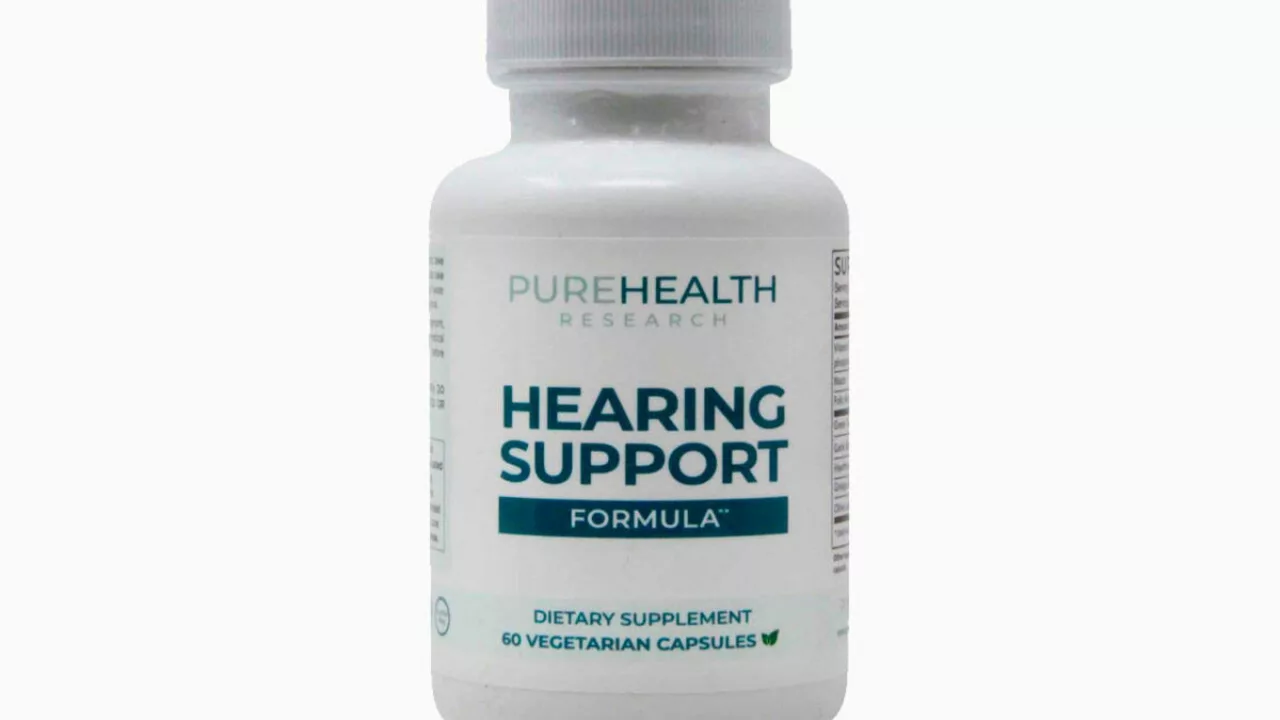Immunity Boost: Simple, Practical Ways to Strengthen Your Defenses
Want your immune system to work better without falling for hype? Start with small, daily habits that actually change how your body handles infections. This page pulls together clear steps you can use today and explains which supplements are worth a look and which to treat cautiously.
Quick daily habits
Sleep matters. Aim for 7–9 hours most nights — short sleep lowers natural infection-fighting activity. Move more, but don’t overtrain: regular moderate exercise (30 minutes most days) helps circulation and immune surveillance. Keep stress in check — daily breathing breaks, a short walk, or 10 minutes of focused relaxation lowers stress hormones that blunt immune responses.
Eat whole food most of the time. Vegetables, fruits, beans, whole grains, nuts, and lean protein provide vitamins and minerals immune cells need. Small, affordable swaps work: add a fruit to breakfast, toss spinach into soups, and choose beans instead of processed snacks. Hydration helps mucus barriers in the nose and throat stay effective — drink water regularly throughout the day.
Vaccines are the most reliable immunity boost we have. Flu and COVID vaccines reduce severe illness and add protection that lifestyle alone can’t provide. Keep up with recommended shots and talk with your clinician about boosters if needed.
Which supplements help?
Supplements can help when diet or sun exposure falls short. Vitamin D deficiency is common, especially in winter — many adults take 800–2000 IU/day, but the right dose depends on your blood level, so check with a clinician. Vitamin C and zinc support short-term immune responses; typical supplemental ranges are 500–1000 mg for vitamin C and 8–15 mg for zinc, avoiding long-term high doses without medical advice.
Probiotics can reduce some infections by supporting gut-immune links — choose a product with documented strains and at least 1–10 billion CFU. Be cautious with herbal supplements: goji and sarsaparilla have traditional use and mild antioxidant effects; our Goji and Sarsaparilla guides explain when these might help and how to pick quality products.
If you’re on immune-suppressing drugs (like prednisone or some biologics), or you have a chronic condition, talk to your prescriber before adding any supplement. Some herbs and vitamins interact with medications or change how treatments work.
Practical checklist: sleep 7–9 hours, 30 minutes moderate exercise most days, eat a mix of colorful produce, stay hydrated, keep up-to-date vaccines, check vitamin D if you rarely get sun, and choose supplements carefully. Small, consistent steps add up faster than big, short-lived fixes.
Want deeper reads? We cover goji supplements, sarsaparilla, hawthorn for heart and immune wellness, and safe supplement shopping on the site. Use those articles to pick a smart, safe plan that fits your life.





